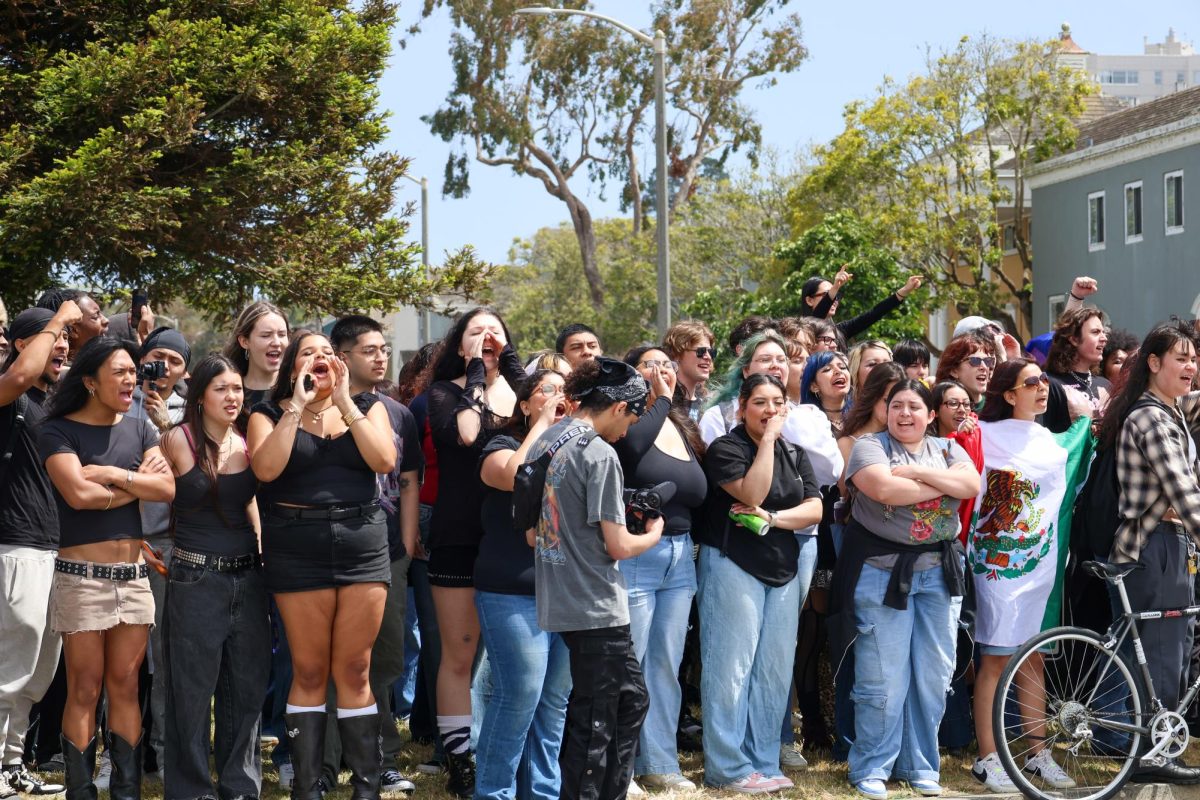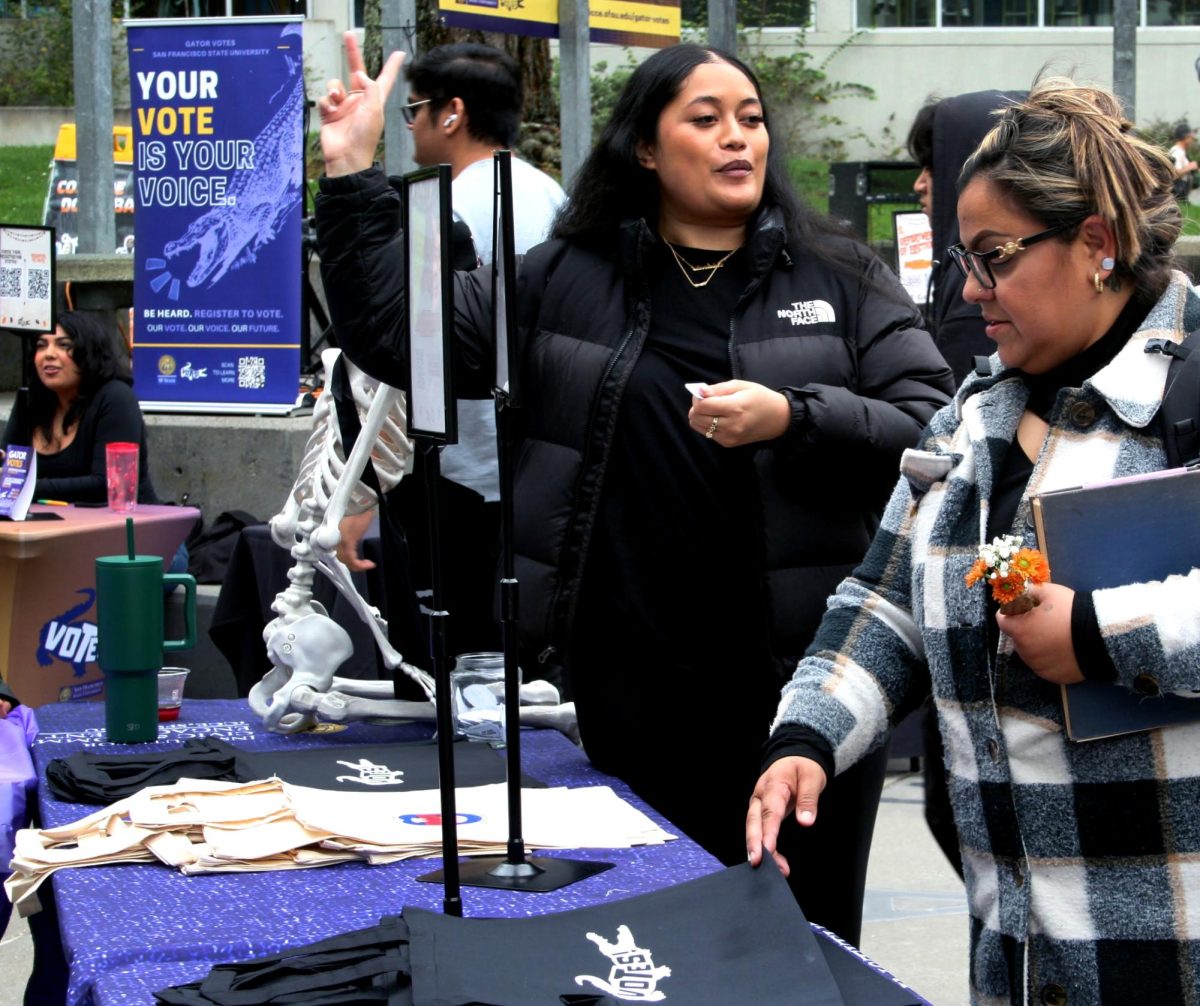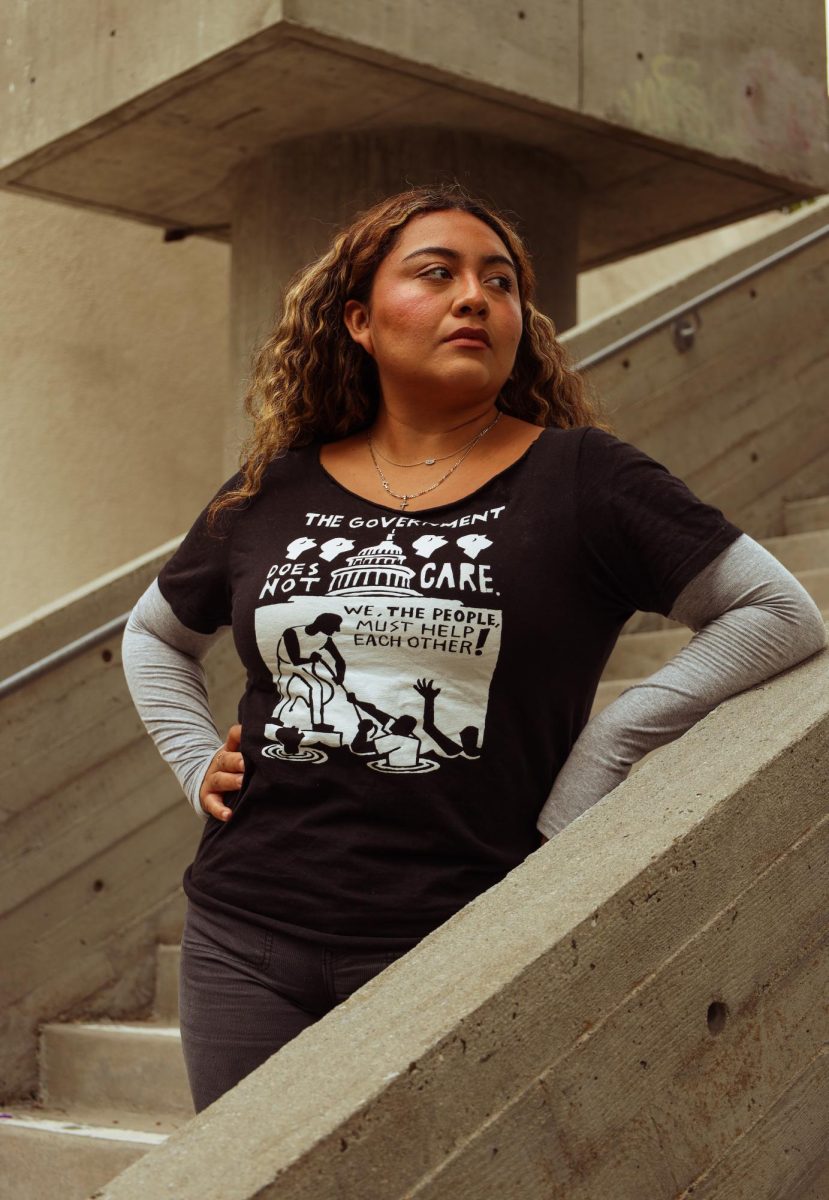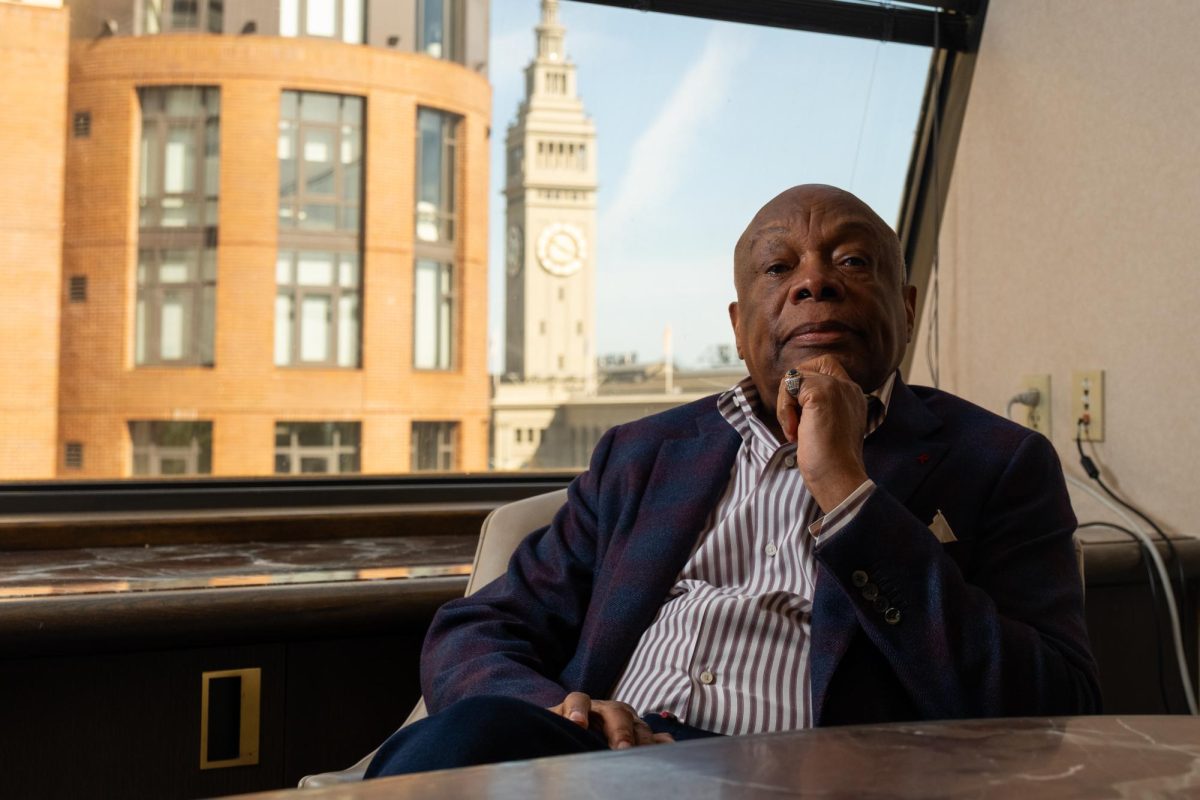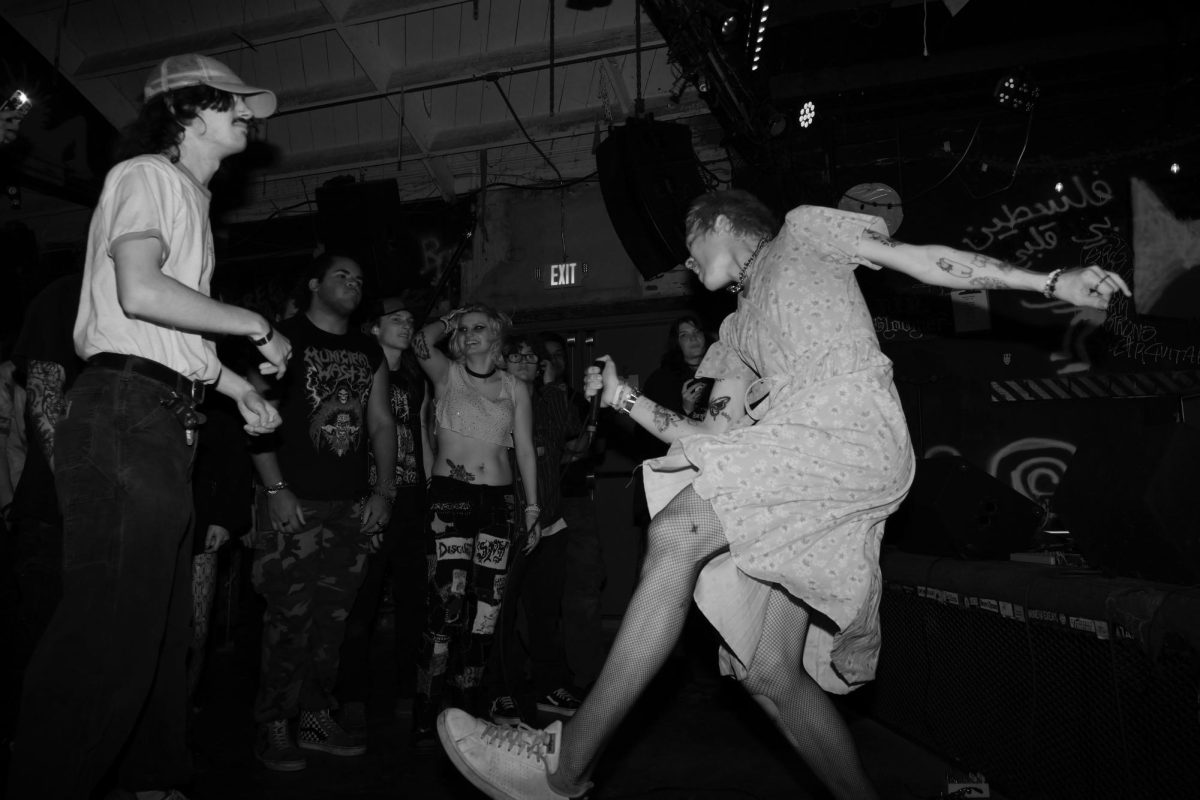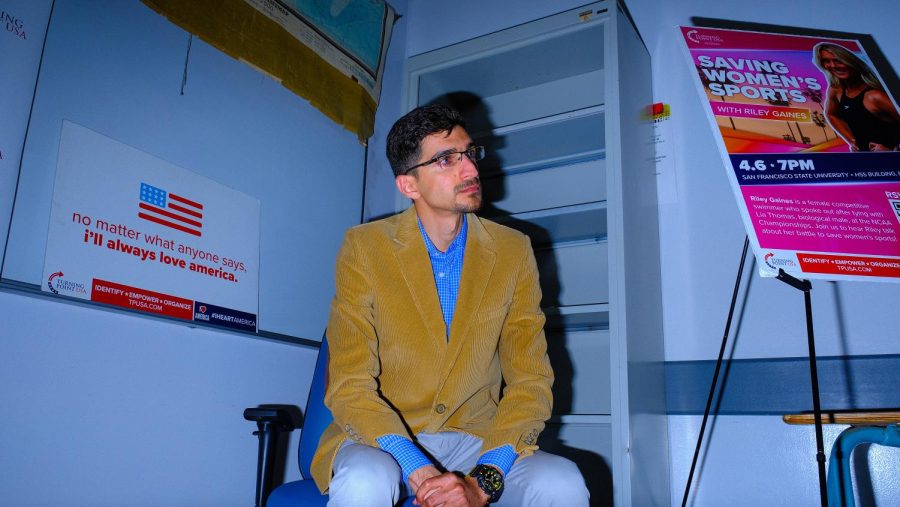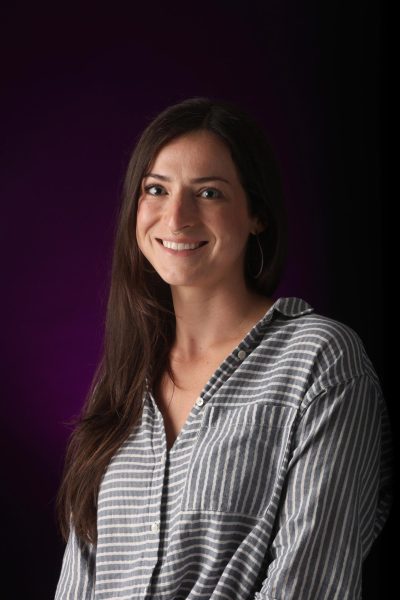In 2004, Utah Valley State College (now Utah Valley University) became a hotbed of political discourse when student council members hosted liberal documentary filmmaker Michael Moore for an on-campus event in the weeks leading up to the Bush-Kerry presidential election. A young journalist and student, Steven Greenstreet, jumped at the opportunity to film the community’s protests against Moore. Greenstreet recorded residents’ discomfort with Moore’s liberal presence in their conservative Mormon town of Orem: “Family City USA.” The documentary, “This Divided State,” can still be found (or rented) online.
“There were lots of screaming and yelling and arguments and threats to the people who had invited Michael Moore,” said Greenstreet. “In the back of all of our minds — in the back of my mind — I was constantly thinking, will this escalate to violence? Is someone actually going to pull a trigger? And there was part of me that I was just like, no, that’s not going to happen.”
But, eventually, it did — someone pulled the trigger. Twenty-one years later, at the Utah Valley University campus on Sept. 10, 2025, Tyler Robinson, the alleged suspect, shot Charlie Kirk, a right-wing organizer and close ally of President Trump.
“I literally once stood right there at the bottom of those steps where Charlie Kirk was shot,” said Greenstreet. “I literally stood there and wondered in my head, like, is this going to escalate to violence? Is this political speaker going to bring [about] violence to the school? And I stood right there, and in my head, I said, no, I can’t see that happening. And 21 years later, I was proved wrong.”
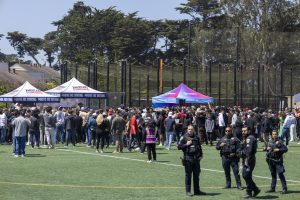
Could all this have happened at SF State, back in May, when Kirk, along with anti-trans athlete activist Riley Gaines, challenged students to debate at the soccer field near the Mashouf Wellness Center? And could a trigger still be pulled, at some future speaker event on campus? Certainly. Maybe? Either way, public universities can’t simply deny speakers a platform at their campus; public speaking is protected under the Constitution and, thus, federal law.
“First Amendment doctrine is pretty clear,” said David Snyder, executive director of the First Amendment Coalition. “Universities can’t prevent speakers from coming because of the prospect of violence — or the prospect of protests that may lead to violence — they have an obligation to ensure the safety of students and everybody else, irrespective of who’s speaking.”
Denying speakers the right to exercise their First Amendment right to freedom of speech opens universities to potential litigation from both the prospective speakers and students. At the same time, universities carry the burden of ensuring public safety — protecting students, staff, faculty and visitors from any fallout associated with such events — regardless of dissent from the student body or community.



